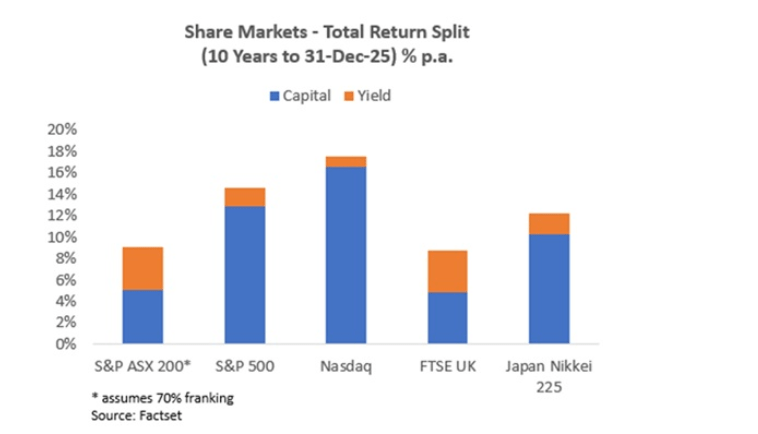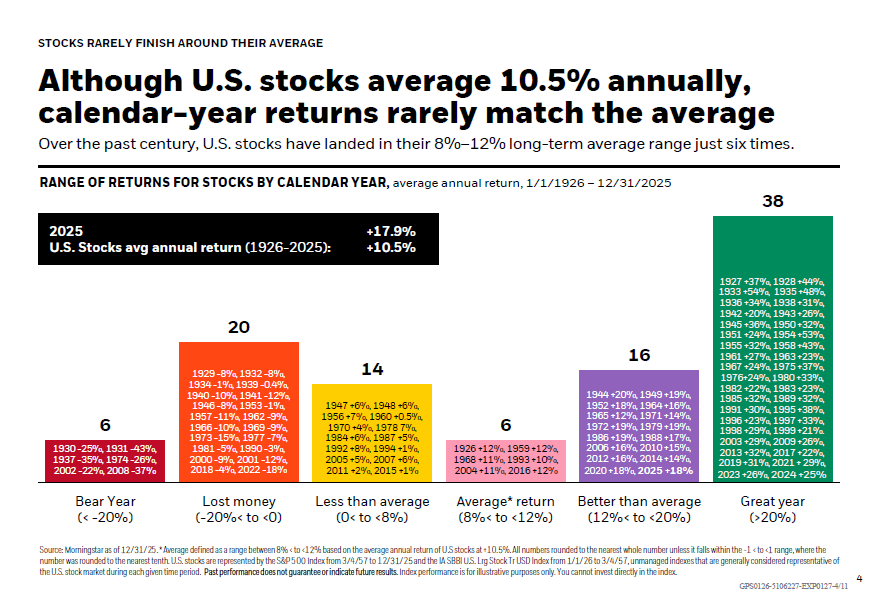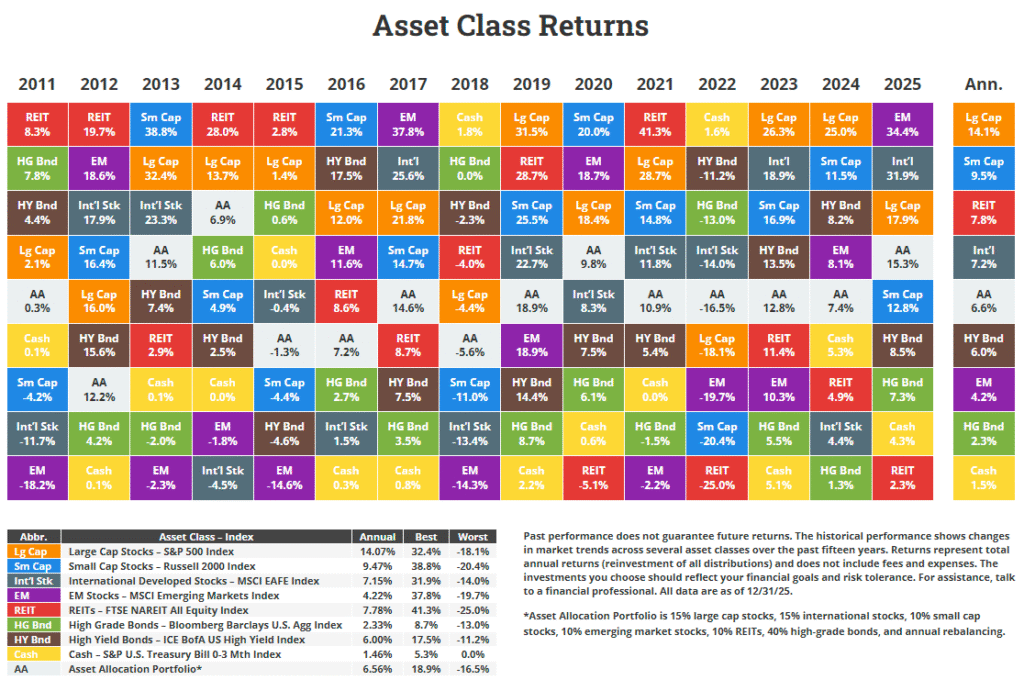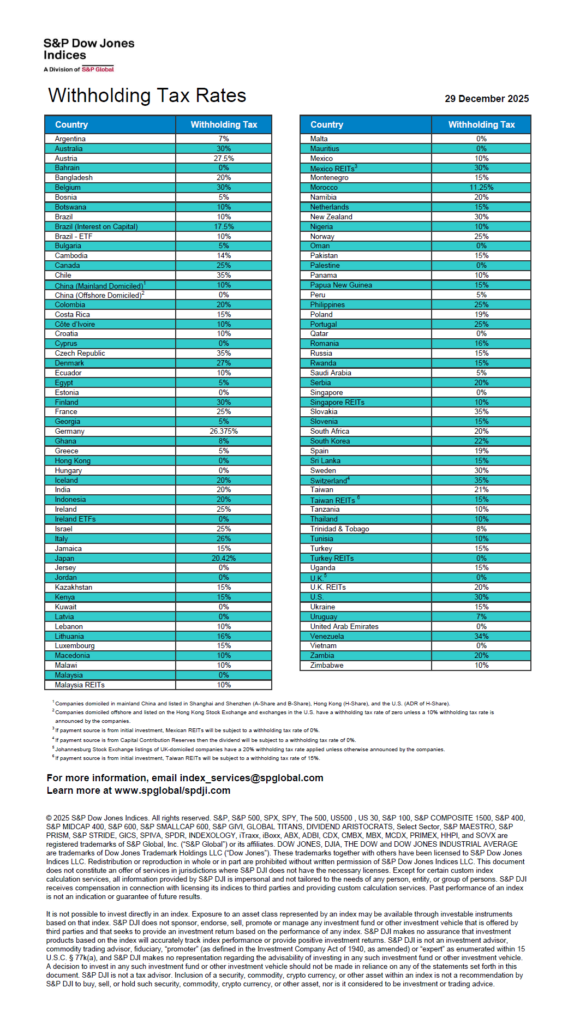Defensive stocks such as utilities and consumer staples are in a downward trend since the beginning of second half. These stocks were top performers from the start of the year as investors bid them up seeking yield and stable growth. Utilities and consumer staples are down about 10% and 6% respectively from their peak earlier this year.
Russ Koesterich, CFA Head of Asset Allocation at BlackRock wrote an article stating that defensives are not cheap now and that investors looking for value must consider technology stocks. I do not agree with his argument in favor of stocks in the technology sector.
Here is an excerpt from the article:
No good bargains after all
Utilities, consumer staples and other defensive names are still expensive relative to their history, and in many cases, their fundamentals. Large cap utilities stocks are trading at a premium to their 20-year average relativeprice-to-earnings (P/E) and price-to-book (P/B) ratios (source: Bloomberg). For example, over the past 20 years the S&P 500 Utilities Index has typically traded at around a 25% discount to the broader market. Today the discount is less than 20%.
Nor do the valuations look any better when adjusted for fundamentals. Comparing U.S. consumer staples stocks to the broader global market based on profitability—one of the factors that investors usually note to justify the premium—these stocks appear to be some of the most richly valued in the world.
Source: Why defensive stocks are still not cheap, Russ Koesterich, Blackrock
In addition, he noted that defensives are more vulnerable to even a slight increase in interest rates.
Though the above argument makes sense, his recommendation for investors to consider technology stocks as offering value at current levels is not correct. Investors should not never consider switching defensives with tech stocks. These two types of sectors serve different purposes. So they are not interchangeable even at the current elevated levels of valuation for consumer staples and utilities.
A few reasons why technology stocks are not value investments are listed below:
- Defensives like utilities have stable and established business models and in many cases they operate as monopolies. This is not the case with technology. Even a high-profile retailer such as Amazon(AMZN) faces stiff competition from others and it is entirely possible for another startup to beat Amazon in a few years.
- Tech stocks are not known for their dividends. For instance, Aamzon(AMZN) doeesn’t pay a dividend. Other top tech stars such as Facebook(FB), Netflix(NFLX) and Alphabet(GOOG) also don’t pay a dividend.Even if they pay dividends, the yields are small. Microsoft(MSFT) has a small dividend yield of 2.51%.
- Most stocks in the tech sector have high P/E ratios. For example, Amazon’s P/E is about 207. With a sky-high valuation like this, it is impossible to justify that Amazon is in the value territory now compared to say a Colgate-Palmolive(CL) or a Consolidated Edison(ED).
- All the companies in the tech industry are subject to extreme competition and disruption. Everyday startups are launched to disrupt and beat established tech firms. Nobody knows if Facebook will become obsolete in the next few years just like mySpace.
- Growth in the technology sector is unpredictable. While growth stocks such as Netflix are growing now, many chip stocks from the bull market of the 1990s are nowhere near their peak prices at that time. Things like fiber-optics, telecom equipment, webhosting, etc. have been replaced by social media, digital ads, web shopping, mobile apps, etc. So a defensive stock investor should not confuse technology as offering value and buy them now to hold for the long-term.
Disclosure: No Positions



